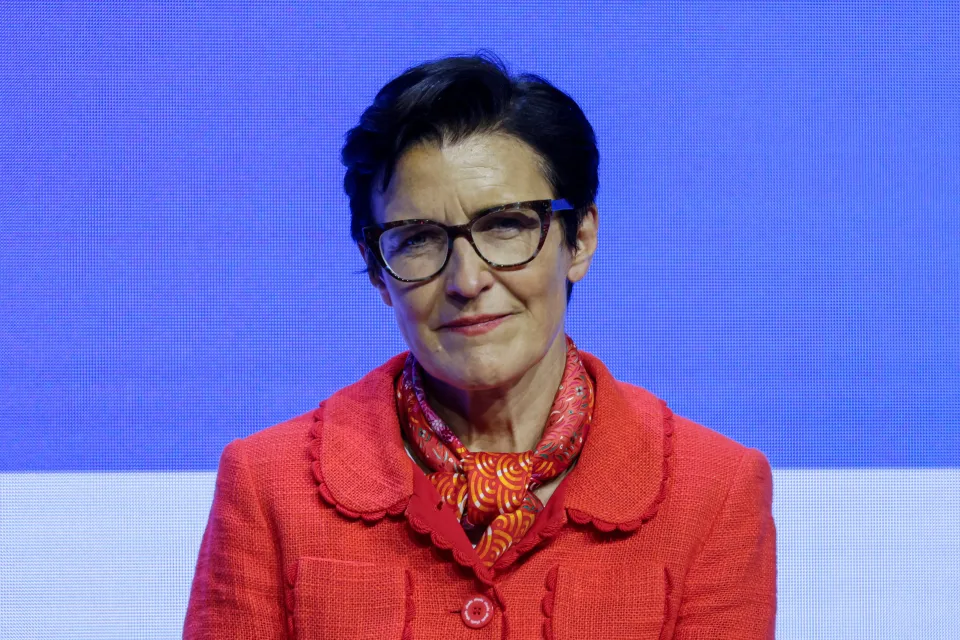Citigroup (C) began a new round of job cuts Monday among senior managers as part of a sweeping reorganization of the country’s third-largest bank announced two months ago.
The cuts amount to roughly 10% of senior manager roles, or approximately 300 managers, Bloomberg reported. The New York City-based bank currently employs roughly 240,000 people.
“Today we shared with our colleagues the next layer of changes across many of our businesses and functions as we continue to align Citi’s organizational structure with our new, simplified operating model,” Citigroup said in an official statement.
“As we’ve acknowledged, the actions we’re taking to reorganize the firm involve some difficult, consequential decisions, but we believe they are the right steps,” Citigroup added in the statement.
Citigroup’s cuts punctuate a tough year for Wall Street and the rest of the banking industry. Big banks with large trading and investment banking operations have been struggling throughout 2023 to overcome a dealmaking slump, an uncertain economy, and the impact of higher interest rates from the Federal Reserve.
Bonuses in the financial service industry are expected to be flat or down for the year, according to a third quarter report from Johnson Associates. In investment banking and commercial banking, pay incentives are projected to be flat from 2022 and below levels for the three previous years.
At Citigroup, CEO Jane Fraser hopes a new restructuring she announced in September will revive a stock price that trails rivals and remove decades of bloat. She has called it the “most consequential” change to how Citigroup operates in nearly two decades.
Fraser took over Citi long after the bank’s stock price began to lag peers. But since her tenure began, the stock has fallen 31%, close to twice the decline of any other big bank in that time.
Instead of operating with two mega-divisions, she is splitting the bank into five separate units with leaders reporting directly to her. She has made it clear this will mean fewer people.
“We’ll be saying goodbye to some very talented and hard-working colleagues,” Fraser wrote when she announced the moves in September.
She is also pulling back from consumer banking in other parts of the world as part of an earlier plan announced two months after Fraser became CEO in 2021.
The original plan was to exit 14 consumer franchises in Asia, Europe, the Middle East, Africa, and Mexico, and the bank has since closed nine of these franchises, including Australia, Malaysia, India, and Taiwan.
On Sunday it announced the closing of the sale of its consumer operations in Indonesia. Singaporean bank UOB, which has purchased four of Citigroup’s Asian franchises, said in a separate statement that those acquisitions have added 5,000 people to its ranks.
Citigroup has made sweeping restructuring announcements before, under Fraser’s predecessors. But bank insiders say the big difference this time is that Fraser is removing the middle layer of management that initially reported to the CEO.
Citigroup’s CFO Mark Mason plans to say more about the bank’s restructuring next month at a banking conference in New York.

